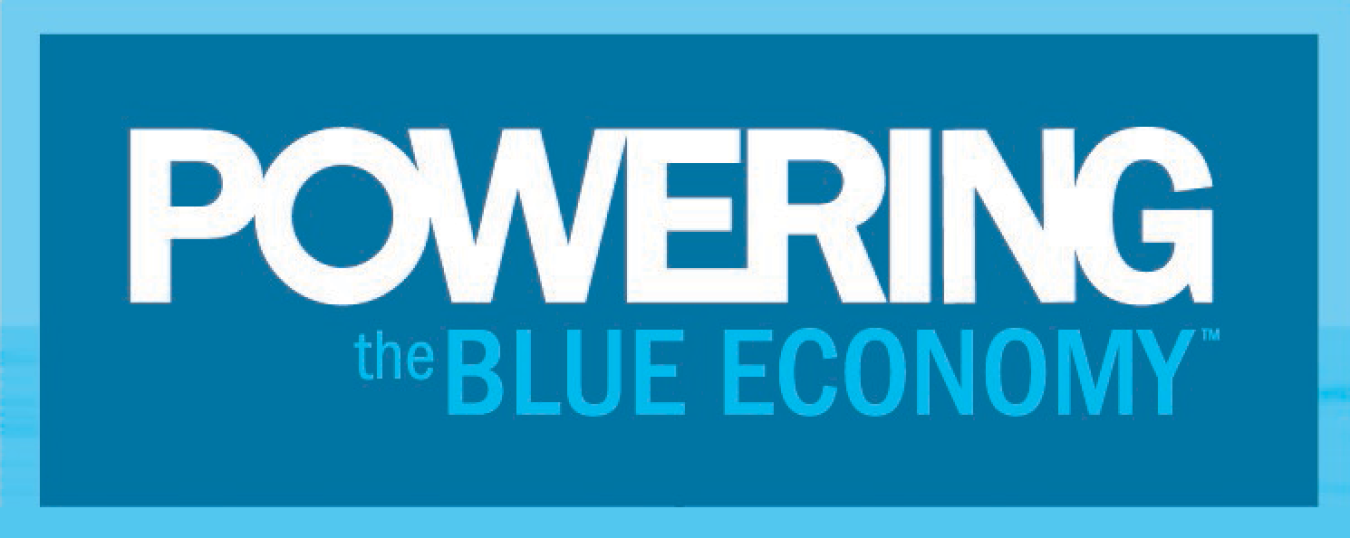Powering the Blue Economy (PBE) presents multidisciplinary, complex challenges. No one sector, institution, or laboratory has the capacity or capability to solve these problems alone. WPTO is collaborating with DOE national laboratories; other federal agencies; and external groups, including universities, technology developers, and incubators and accelerators.
Partnerships to Support Blue Economy Startups
WPTO partnered with the U.S. Economic Development Administration to provide $4 million to pilot the Blue Economy Industry Challenge. Seven awardee organizations from the Atlantic and Pacific coasts and Ohio will support entrepreneurship and accelerate company growth in their community or region, providing accelerators, incubators, test beds, and commercialization services.
Industry Challenge awardees cover a wide range of entrepreneurial activities relevant to oceans, rivers, and other freshwater and marine environments. They’ll be working on:
- Supporting commercialization of blue economy technologies
- Improving competitiveness of blue economy start-ups
- Increasing connectivity and collaboration between blue economy stakeholders
- Leveraging the blue economy broadly to support innovation and job creation.
Partnerships to Support Energy Resilience in Remote Communities
Isolated communities across the United States rely on aging and costly energy infrastructure that may be vulnerable to natural disasters and outages. The Energy Transitions Initiative Partnership Project (ETIPP) was launched to provide access to energy expertise and on-the-ground support for remote, coastal, and island communities seeking to transform their energy systems and reduce their vulnerability to energy disruptions. Selected communities will receive support from regional partners with local expertise related to the challenges experienced by communities, and technical assistance from DOE national laboratories with expertise relevant to the energy goals outlined by each community.
WPTO has partnered with DOE’s Office of Strategic Programs, Solar Energy Technologies Office, and the Office of Electricity to fund and support ETIPP. The National Renewable Energy Laboratory, Pacific Northwest National Laboratory, Lawrence Berkeley National Laboratory, and Sandia National Laboratories are also partners in managing the project and providing technical expertise and support to communities. ETIPP selected five regional, community-based partners to engage and assist communities:

A preliminary testing device that supports foundational research for small, modular, wave-powered desalination systems floats in the water at Jennette’s Pier in Dare County, North Carolina. Photo: Coastal Studies Institute
- Island Institute (Rockland, Maine)
- Alaska Center for Energy and Power (Fairbanks, Alaska)
- Renewable Energy Alaska Project (Anchorage, Alaska)
- Coastal Studies Institute (Wanchese, North Carolina)
- Hawaii Natural Energy Institute (Honolulu, Hawaii).
Together, this broad coalition will provide tools for communities to plan for, withstand, and recover from energy disruptions while prioritizing local challenges, values, and goals. This assistance could include planning for community renewable energy projects, training community members, guidance on energy storage integration, disaster recovery planning for energy systems, permitting guidance, determining available renewable energy sources, and more.
The program will support at least three cohorts of communities, with an anticipated 12–18-month project per community. ETIPP will also share best practices and innovations that may be useful to other communities as they navigate their own energy transitions.
Powering the Blue Economy News & Publications
WPTO's e-newsletter brings hydropower and marine energy funding opportunities, events, publications, & activities directly to your inbox.

